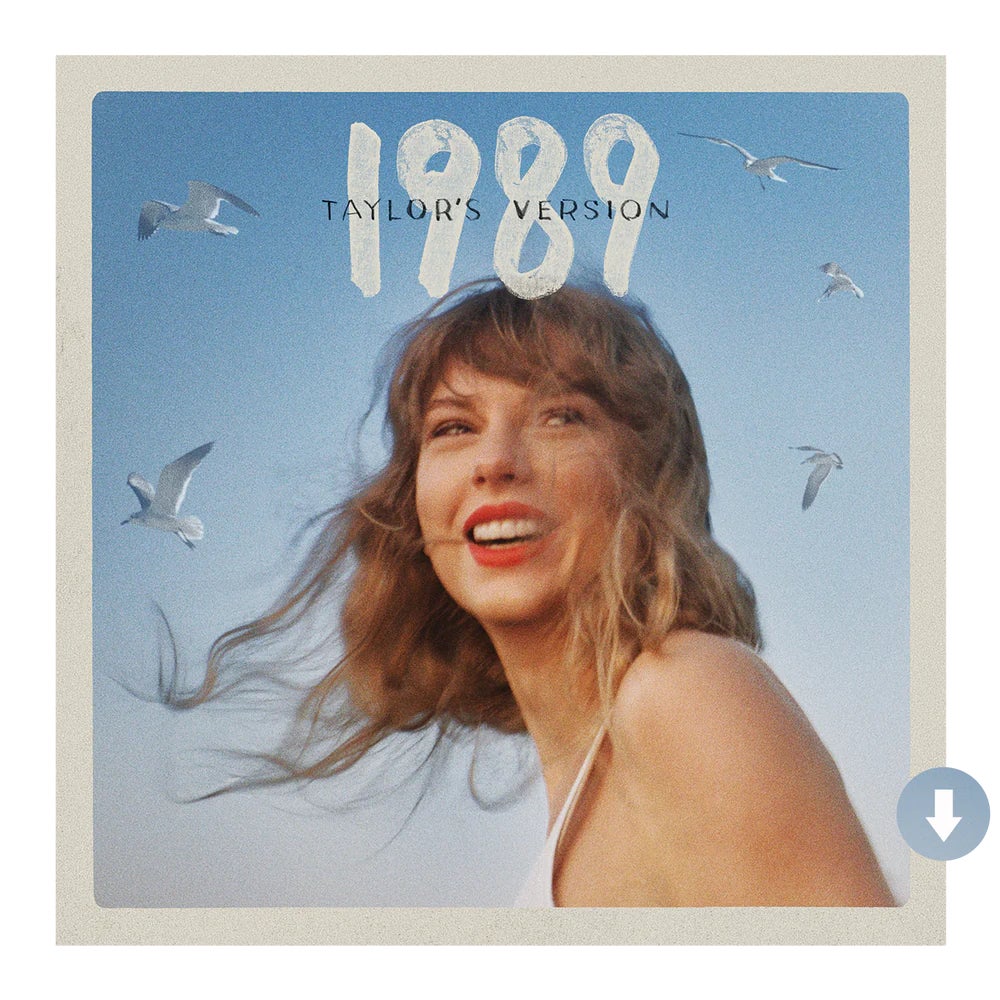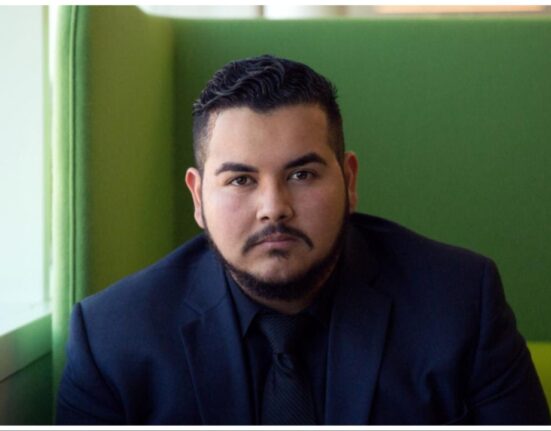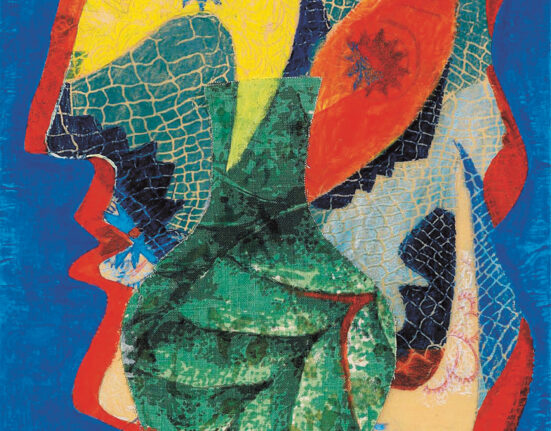This article is written by a student writer from the Her Campus at UCF chapter.
There’s nothing Casual about Chappell Roan’s fight to represent small artists.
Upon winning the award for “Best New Artist” at this year’s Grammy Awards, Roan used her acceptance speech as an opportunity to address the lack of financial support provided to smaller artists by the music industry.
Acknowledging her presence among “the most powerful people in music,” Roan reflected on her time as a struggling artist during the COVID-19 pandemic. She noted that she “had zero job experience under [her] belt and could not afford health insurance” after her former label, Atlantic Records, dropped her in 2020.
“If my label would have prioritized artists’ health, I could’ve been provided care by a company that I was giving everything to,” Roan stated. Met with a standing ovation from her audience, she concluded her speech by asking, “Labels: we got you, but do you got us?”
Despite the positive reception online to Roan’s message and bravery, Jeff Rabhan, former chair of the Clive Davis Institue of Recorded Music at NYU Tisch School of the Arts, criticized her attempt to be an “agent of change” in a ‘Hollywood Reporter’ article titled “Chappell Groan: The Misguided Rhetoric of an Instant Industry Insider.“
Rabhan challenged Roan to “put [her] money where [her] mouth is,” characterizing the “Pink Pony Club” singer as hypocritical for her supposed lack of action to champion artists’ rights. He argues that her sudden rise to fame and mainstream platforming influences her to believe that “she’s in a position to dictate systemic change without offering tangible solutions.”
Rabhan references the industry-defining protests from artists like Taylor Swift, Tom Petty, and Prince to emphasize Roan’s inaction, as her predecessors “put [change] on the table and take the hit to elevate everyone.” He also cites issues with Roan’s argument itself, arguing that artists can prevent their misrepresentation if they “stay independent, own their masters, and take the financial risk themselves.”
In response to his article, Roan took to her Instagram story to post her $25,000 donation to Backline, a Colorado-established charity offering mental health and wellness resources to workers in the music industry. “Mr. Rabhan I love how in the article you said ‘put your money where your mouth is’ Genius!!! Let’s link and build together and see if you can do the same,” Roan wrote.
As artists like Halsey took to social media to support Roan, Rabhan posted on X: “If you, your artist friends and your fans want to attack me for pushing you to think and act like a champion, to lead by doing instead of finger pointing and to be the change you want to see, then carry on.” He proceeded to then slam how Roan encouraged his own donation, mentioning his low salary from working as a professor.
Amidst the back-and-forth between Roan and Rabhan, artists like Noah Kahan and Charli XCX also donated to Backline, leading to the formation of the charity’s “We Got You” campaign. In the campaign’s introductory statement, Backline’s Community Manager, Terra Lopez, thanked Roan, Kahan, and Charli XCX for their donations, as their advocacy proves that artists are “seen, heard, and cared for.”
Why does this matter?
Roan’s speech and its fallout contribute to a long history of artist protests for greater representation. Much of the arguments mentioned by Rabhan reflect conditional circumstances and privileges. For instance, Swift infamously re-recorded her masters when denied the opportunity to purchase them, but many artists do not have the funds to support this endeavor. While Rabhan mentions how staying independent allows artists to own their music, they typically earn less revenue and possess less purchasing power. Considering the pre-existing financial strain on smaller artists, these alternatives add additional stress to the creative process.

According to the 2023 Musician’s Census, only 40% of musicians earned all their income from music, averaging a salary of £30,000 ($37,785 US dollars). The census cites that 23% of musicians cannot afford to support themselves or their families through their artistry, meaning that their potential vulnerability to poverty increases, especially as only 28% of musicians have employer-contribution pensions. These issues only escalate when companies like Spotify pay mere cents per song stream, and artists who receive less than 1,000 streams do not earn any revenue.
Despite his background in the music industry, Rabhan’s critiques of Roan’s speech generalize the music industry as easy to navigate and personable to artists’ choices, despite so few artists having these realities. While Rabhan argues that Roan “became part of the establishment” upon first stepping onto the Grammy stage, Roan’s plea to support small artists comes from her experience of financial hardship and label cruelty. Her platforming of this conflict creates discussion and movements towards reformation, not just meaningless activism. And besides, Roan’s acceptance speech is not the first to advocate for a cause. Chances are that most televised awards shows will have at least one speech like hers. Additionally, Roan has previously criticized paparazzi and fan culture, so her activism does not simply arise from mainstream fame, per Rabhan’s comments.
Roan’s unapologetic stances on the music industry and her actions toward their resolution distinguish her as a force of reckoning. If her speech and donation mark the start of her public career, it’s exciting to think of what’s to come for her.







